|
Things appear to be moving with disturbing speed towards a disastrous all-out conflict in Myanmar. There have been reports from defecting military officers that they expect plenty of their comrades to change sides in response to the military junta’s savage treatment of protesting Burmese citizens.
The military, or Tatmadaw, has long been the guarantor of power in Myanmar. Even as the country seemed to be opening up to democracy, the Tatmadaw retained effective control of the country through a powerful constitutional position. But the February coup – and the violent oppression that has followed – might have risked the unity of the armed forces and security services. This could be a critical moment in the crisis, argues Natasha Lindstaedt. If enough officers desert the military regime there could be a popular revolution. Too few and there could be civil war.
Meanwhile, in neighbouring India, a second wave of COVID-19 has pushed new infections to the highest in the world. Sujeet Kumar provides some analysis.
|
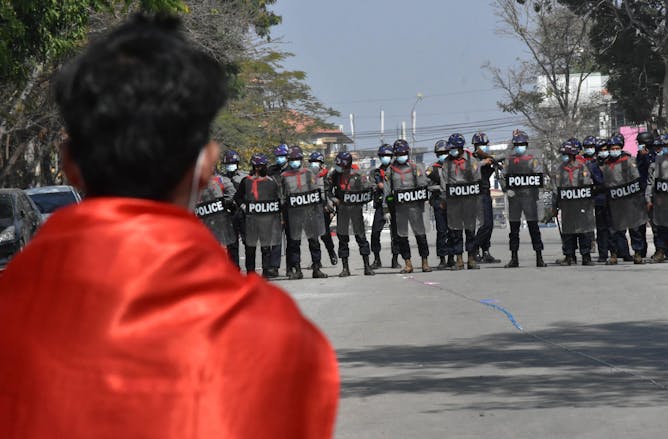
Will the line break in Myanmar?
Robert Boc / Alamy Stock Photo
Natasha Lindstaedt, University of Essex
History tells us that the stability of a country's security forces is key to the success or failure of a popular uprising.
|
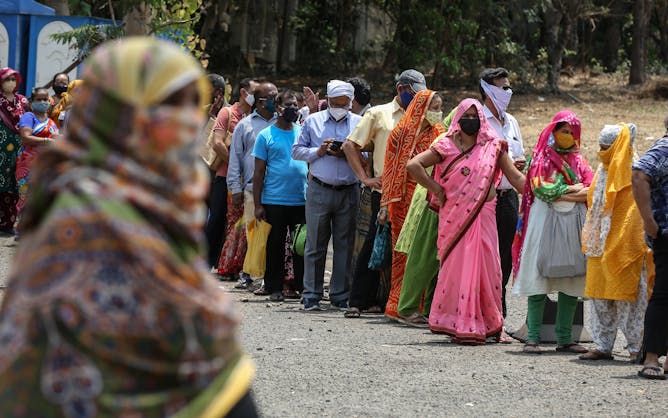
DIVYAKANT SOLANKI/EPA
Sujeet Kumar, Jawaharlal Nehru University
Prime Minister Narendra Modi needs to show decisive leadership in not only controlling the surge of the virus, but also providing financial assistance to millions of urban poor.
|
Politics + Society
|
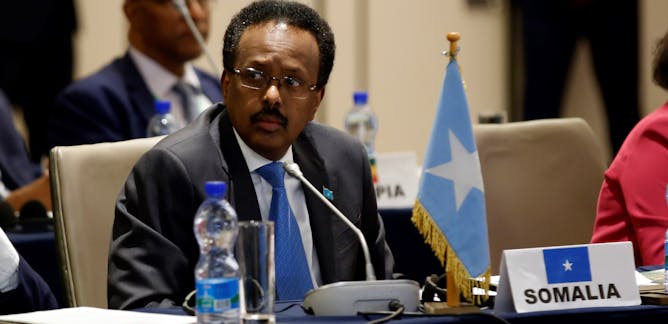
Mohammed Ibrahim Shire, University of Portsmouth
Although polarising, parliament's move to extend Farmaajo's term has presented a practical road-map to hold direct elections for the first time since 1969.
| |
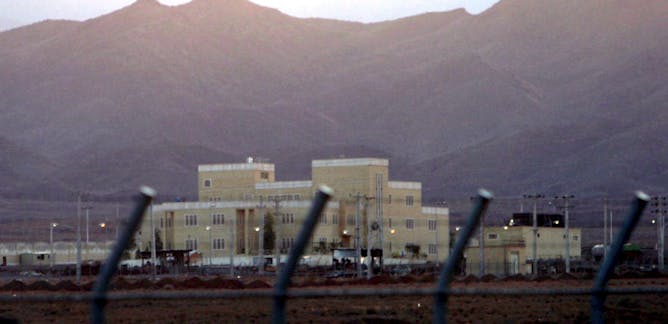
Christoph Bluth, University of Bradford
Most observers believe Israel was behind the a cyberattack on Iran. But what was the thinking behind it?
|
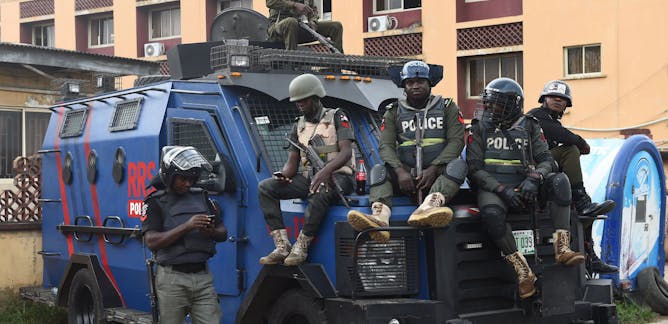
Lanre Ikuteyijo, Obafemi Awolowo University
Apart from tackling terrorism, banditry and kidnappings, Nigeria's new Inspector General of Police must embrace community policing.
| |

Danielle K. Kilgo, University of Minnesota
In the aftermath of Adam Toledo's death, police and a prosecutor framed the incident as a confrontation with an armed male holding a gun. Should reporters have been so quick to accept that version?
|
|
|
Energy + Environment
|

Ashley Poust, University of California, Berkeley; Daniel Varajão de Latorre, University of California, Berkeley
Using the incredible wealth of fossil data and a modern ecological theory, researchers estimated population density for the extinct apex predator.
| |
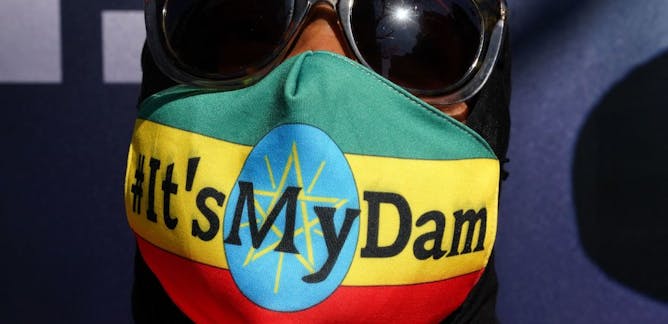
Sebastian Sterl, Vrije Universiteit Brussel
Ethiopia, Sudan, Egypt and their neighbours could deploy large-scale solar and wind farms, connected by a regionally integrated power grid.
|
|
|
Health + Medicine
|

Jamie Hartmann-Boyce, University of Oxford
New research suggests people who exercise for 150 minutes a week are half as likely to die from COVID-19 compared to those who are consistently inactive.
| |

Ayaz Safi, University of Westminster
Eating high-nutrient foods and planning our meals are just a couple of ways you can look after your health this month.
|
|
|